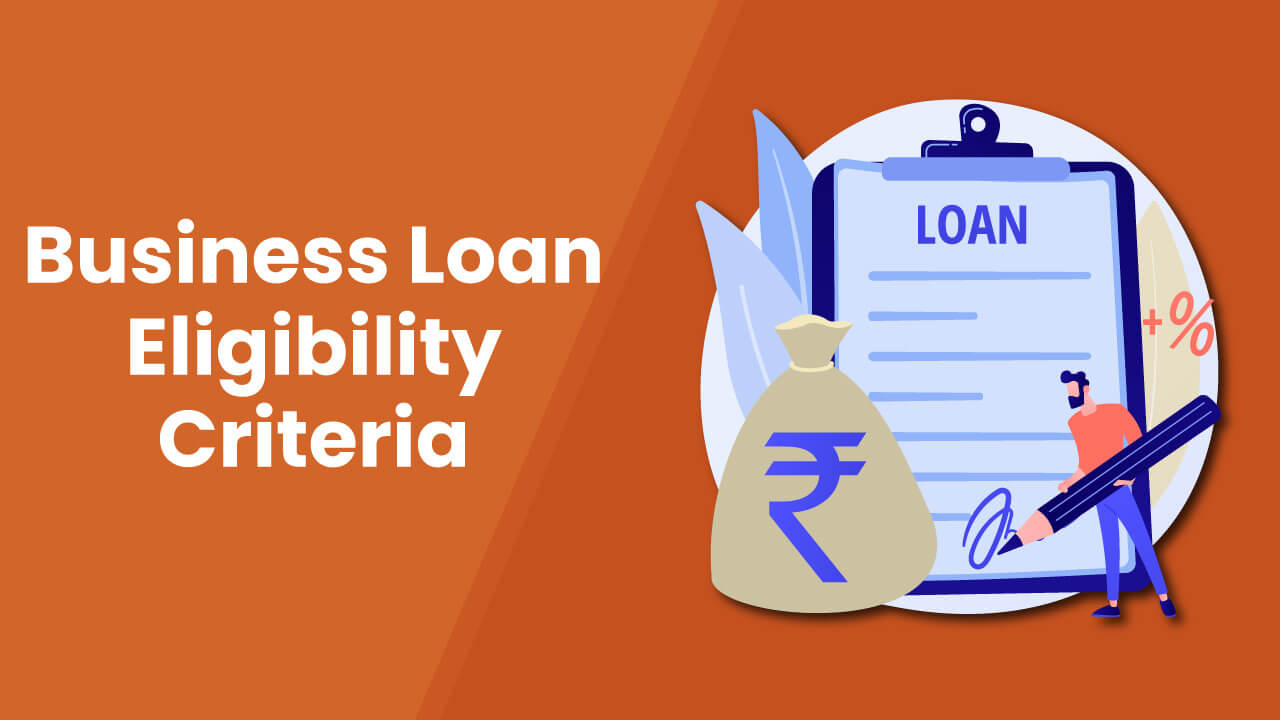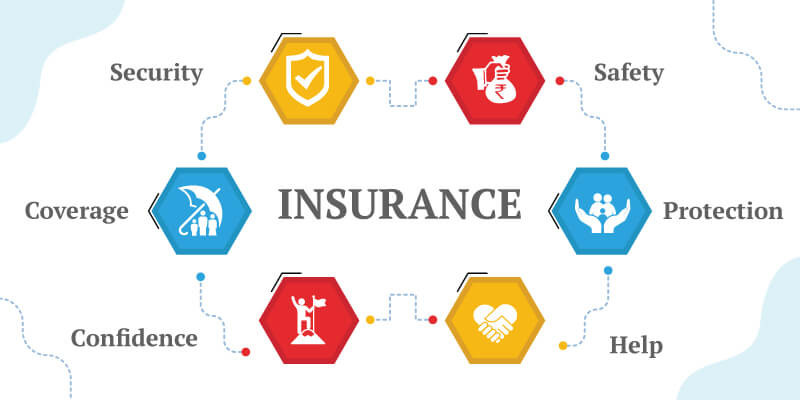Content Attributes
Bankruptcy is a situation when individuals or business entities find themselves in extreme financial trouble where they are unable to repay their debts. If individuals file bankruptcy, they legally declare their inability to honor their debt obligation. If the bankruptcy application is accepted and approved, the person is relieved from the debt repayment obligations.
Though bankruptcy gives people comfort and relief from the constant harassment by the recovery agents of the creditors and allows them to rebuild their credit with a cool mind. It may not be the best option for everyone who finds themselves in financial distress. Bankruptcy lawyer India advises such people to explore other options before deciding on the final course of action.
Bankruptcy allows people to resolve their financial problems, but it has its own advantages and disadvantages. Only 25 percent of the people who contemplate filing bankruptcy and consult a lawyer for that, actually end up filing bankruptcy.
The rest opt for other options to resolve their issues. In this article, we will discuss the benefits and drawbacks of filing for bankruptcy and try to understand why it may not be the right option for you.
Advantages of Bankruptcy
As mentioned earlier, filing for bankruptcy is not always the right solution to resolve your financial woes. But it could definitely be the correct approach in many situations. We shall discuss the advantages of bankruptcy and when this option should be exercised.
- The biggest advantage bankruptcy has over other debt-relief options is that it automatically puts a stay on all proceedings against the debtor. The Insolvency and Bankruptcy Code has mandated the adjudicating authority to stay all other proceedings against the debtor, legal or otherwise. Once the bankruptcy application is accepted. This means creditors cannot pursue you for recovery through any means, there won’t be any wage garnishments and no lawsuits. Also, your utility connections will not be disrupted.
- There are various exemptions and you can retain many of your assets after the discharge.
- It is a quick process and usually takes around six months to get a discharge.
- It is less costly than other options. Especially if all your assets are exempt and you do not have to pay a surplus income.
Disadvantages of Bankruptcy
If bankruptcy has some benefits, then there are also detriments to it as well. According to bankruptcy lawyers in India. There are many negatives associated with it. A proper understanding of which may discourage you from filing for bankruptcy.
- Bankruptcy doesn’t discharge you of all your debts. Some obligations that you still have to meet include alimony and child support obligations, government debts as specified by relevant statutes, and debts incurred through fraudulent measures. Also, secured debts are not covered by bankruptcy.
- Non-essential assets, such as home equity, investments, and other non-exempt assets are liquidated and distributed proportionately among the creditors. Also, any tax refund that you get during this period goes towards debt repayment.
- Bankruptcy has a negative impact on your credit rating and that may reflect on your credit for 6 to 8 years. A poor credit rating will substantially reduce your chance of getting fresh loans or credit cards.
- It adversely affects your employment prospects, and you will be barred from becoming a director in any company.
- If you have been declared bankrupt once, and your financial difficulties mount again. Then you will have to wait for at least 8 years before you become eligible to seek relief through bankruptcy.
- You are likely to get unfavorable responses wherever financial consideration is involved.
- Bankruptcy, especially personally, is a taboo that remains with you throughout and you may lose trust among your peers and associates.
To File or not to File Bankruptcy
Now that you have understood the advantages and disadvantages of bankruptcy. You need to carefully assess your financial situation before you decide to file one. There could be many reasons you may find yourself in financial distress. But you have to carefully examine the pros and cons of bankruptcy in your particular situation. Before choosing an option to resolve your financial troubles.
Besides bankruptcy, there are other informal ways to get over your financial woes. These informal routes may seem costly upfront, but in the long run, they could be more feasible.
There is a long-term impact of declaring bankruptcy, but in certain situations, it is the right choice. For instance, if you are receiving constant harassing calls from your creditors, your wage is being garnished. If lawsuits have been filed against you, your debt is significantly more than what you can pay and you are not in a position to meet your financial obligations. Then filing for bankruptcy would be the most desirable option.
However, filing bankruptcy severely affects your credit rating and you may take a long time to regain your earlier status. Bankruptcy lawyer India, therefore, strictly advises that you should resort to bankruptcy filing only as a last resort when you have exhausted all other options.



